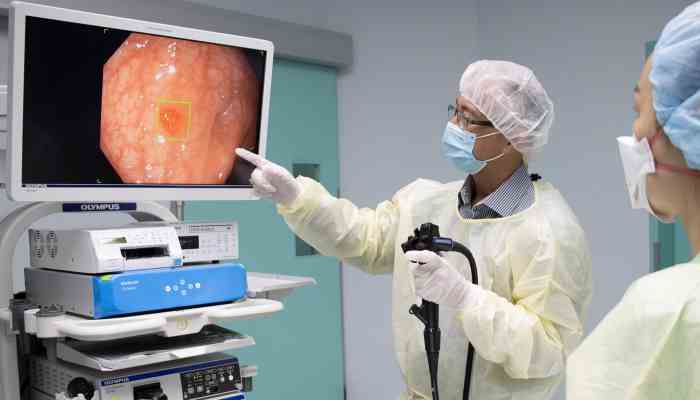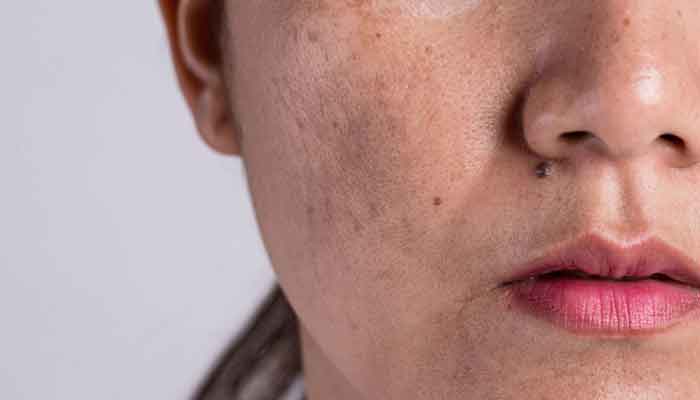ENT Doctor in Singapore: How to Understand and Treat Head and Neck Lumps
Head and neck lumps are a common concern among patients seeking medical evaluation, particularly when these lumps appear suddenly or persist for an extended period. Many things can cause them, from harmless cysts to more dangerous infections or tumours. The first step in identifying the cause of these lumps and receiving proper treatment is to consult an ENT doctor in Singapore.
An ENT doctor in Singapore, who stands for “ear, nose, and throat specialist,” is a qualified professional who finds and fixes problems with the head and neck, such as lumps or swellings that don’t seem right.
What Are Lumps in the Head and Neck?
Any lump, swollen area, or strange bump that you can find in the neck, jawline, throat, behind the ears, or under the chin is called a head and neck lump. The size, tenderness, movement, and length of these lumps can change. Many of them are normal, which means they are not cancerous, but some may be signs of infections, cysts, swollen lymph nodes, thyroid problems, or cancer.
Head and neck lumps are often caused by:
- Lymph nodes that are bigger because of diseases or inflammation
- Nodules or goitres on the thyroid
- Stones or infections in the salivary glands
- Noncancerous growths like lipomas
- Cysts, like skin oil or branchial cleft cysts
- Growths that are cancerous, particularly in older people or smokers
When to Go to Singapore to See an ENT Doctor
If you notice any of the following, you might want to see an ENT doctor in Singapore:
- A bump that has been there for more than two weeks
- Getting bigger quickly
- A lump that hurts
- Having trouble breathing or swallowing
- If your voice changes or stays hoarse
- Loss of weight or tiredness for no reason
An experienced ENT doctor in Singapore can do a detailed investigation to find the cause. And provide a treatment plan.
How to Pick the Best ENT Doctor in Singapore
If you have pain in your head or neck, you should see an ENT doctor in Singapore right away to get an evaluation and treatment. When picking a doctor, think about these things:
- Credentials and Experience
Find an ENT expert who is board-certified and has experience treating conditions of the head and neck. If you are worried about cancer, find out if the doctor has extra training in head and neck surgery or oncology. - Area of Expertise
Some ENT doctors specialise in certain areas, like nose surgery, thyroid problems, or ENT for children. Get help from an expert who knows about neck lumps, especially ones that are connected to glands or lymph nodes. - Patient Reviews and Recommendations
Testimonials from past patients can give you an idea of how the doctor talks, how approachable they are, and how thorough they are. You can get help making your choice from online resources or suggestions from other people. - Availability and Location
Pick a centre that is easy to get to and has on-time appointments, especially if you need to see a doctor right away.
What to Expect During Your First Consultation
When you go to see an ENT doctor in Singapore about a lump in your head or neck, the first visit usually goes like this:
- Medical History in Detail: The doctor will want to know how long the lump has been there, if there are any other signs, if you have had any recent infections, if you smoke, and if you have ever been sick.
- As part of the physical exam, the lump’s size, consistency, movement, and tenderness will be carefully looked at and assessed in the head and neck.
- Diagnostic Tests: More tests may be requested depending on the results:
- Neck scan with sound waves
- Biopsy with Fine Needle Aspiration (FNA)
- MRI or CT scan
- Tests of the blood to look for diseases or problems with the thyroid
An ENT expert will tell you what to do for treatment or monitoring based on the diagnosis.
How to Find the Best Clinic in Singapore
Along with picking the right doctor, picking a clinic with all the tools it needs will make evaluation and treatment go more smoothly. Here are some things to look for in a clinic that treats lumps in the head and neck:
- Diagnostic Tools on-Site
When ultrasound imaging, endoscopy, or biopsy services are available on-site, patients can get results faster and don’t have to make as many appointments. - Team of Experts from Different Fields
Clinics that work with radiologists, pathologists, and surgeons can diagnose and treat the lump more completely, especially if it is complicated or might be cancerous. - Post-Treatment Support
Look for clinics that offer follow-up services like care after surgery, rehabilitation, or frequent checks for conditions that keep coming back.
Different Ways to Treat Head and Neck Lumps in Singapore
The type of treatment relies on what caused the lump, its size, where it is located, and whether it is cancerous or not. These are some common ways to do things:
- Watchful Waiting
For lumps that are harmless and don’t cause any symptoms, your doctor may suggest that you keep an eye on them and go in for regular checkups. - Medications
Antibiotics or pain relievers may be given if an infection or inflammation causes the bump. - Minimally Invasive Procedures
With slight pain, fine needle aspiration or drainage can be used to get rid of fluid or prove a diagnosis. - Surgical Removal
Lumps that look worrisome, are big, or cause symptoms may need to be surgically removed. Depending on how hard it is, this is often done during the day or with general anaesthesia. - Oncologic Management
If the lump is dangerous, Chemical therapy, radiation therapy, or surgical procedures could be utilised to treat it further. It may be necessary to be sent to a head and neck doctor.
Finding the Best Treatment
Antibiotics are often used to treat swollen lymph nodes, and the condition is watched over time. Usually, you need to come back for more tests to make sure the swelling goes away and that no underlying problem was missed.
If a cyst gets painful or infected, it may be drained or surgically removed, based on the type of cyst and where it is located. Sometimes you need to go back for more tests, especially if the cyst comes back or looks different.
Thyroid tumours usually need to be scanned and maybe even biopsied. If the nodule looks worrisome or keeps getting bigger, surgery may be suggested. Follow-up is necessary to keep an eye out for changes.
Infections of the salivary glands are generally treated with medicine, but surgery may be needed if there are stones or long-term diseases. Usually, you need to go back for regular follow-ups to make sure you’re healing properly and to avoid problems.
Surgical excision is often used to treat tumours, whether they are dangerous or not. If cancer is feared or proven, the person may need more oncology care. In these situations, follow-up is always necessary to make sure the wound heals properly and to check for a repeat.
Comparing Treatment Options
The total cost of treating a lump in the head or neck depends on several things, such as:
- Diagnostic tests that were done (for example, x-rays, biopsies)
- How complex the process is (minimally invasive vs. surgery)
- A public or private clinic or hospital may be used.
- Experience and fees of the doctor
- Use of sedation or anesthesia
- Care after surgery or as a follow-up
At some clinics, you can get an exam and treatment at the same time. During your first meeting, ask for a breakdown of the costs you can expect.
Who should consider getting a lump removed?
- If a lump in your head or neck won’t go away and is getting bigger, you may be told to have surgery to get rid of it.
- It makes it hard to breathe, speak, or eat.
- It is likely cancerous.
- You experience cosmetic concerns or discomfort
- The biopsy results are either unclear or abnormal.
Dos and Don’ts Before Visiting an ENT Doctor
Do:
- Write down your symptoms and any changes you’ve seen.
- Bring old medical records or pictures from tests.
- Make a list of all the medicines and vitamins you take.
- Find out what tests might be needed.
Don’t:
- Ignore a lump that’s been there for weeks
- Self-diagnose or use treatments you find online.
- If the lump hurts or is getting bigger, wait to get it checked out.
- Skip follow-up visits if monitoring is advised
Last Thoughts
A lump in the head or neck may not seem serious at first, but it’s essential to get a checkup right away to rule out severe conditions and make sure you get care on time. An experienced ENT doctor in Singapore can accurately identify the problem and help you choose the best way to treat it, whether that’s through medication, surgery, or close observation.
You can take charge of your health and achieve the best possible outcome for any head or neck lump by selecting the right specialist and clinic, preparing for your appointment, and understanding your treatment options.
Dr Soma Subramaniam
321 Joo Chiat Place #05-01
Parkway East Specialist Hospital
Singapore 427990
290 Orchard Road #09-20/21
Paragon Medical Centre
Singapore 238859
https://drsomaent.com/
Tel: +65 9856 8391
Whatsapp: +65 9856 8391







